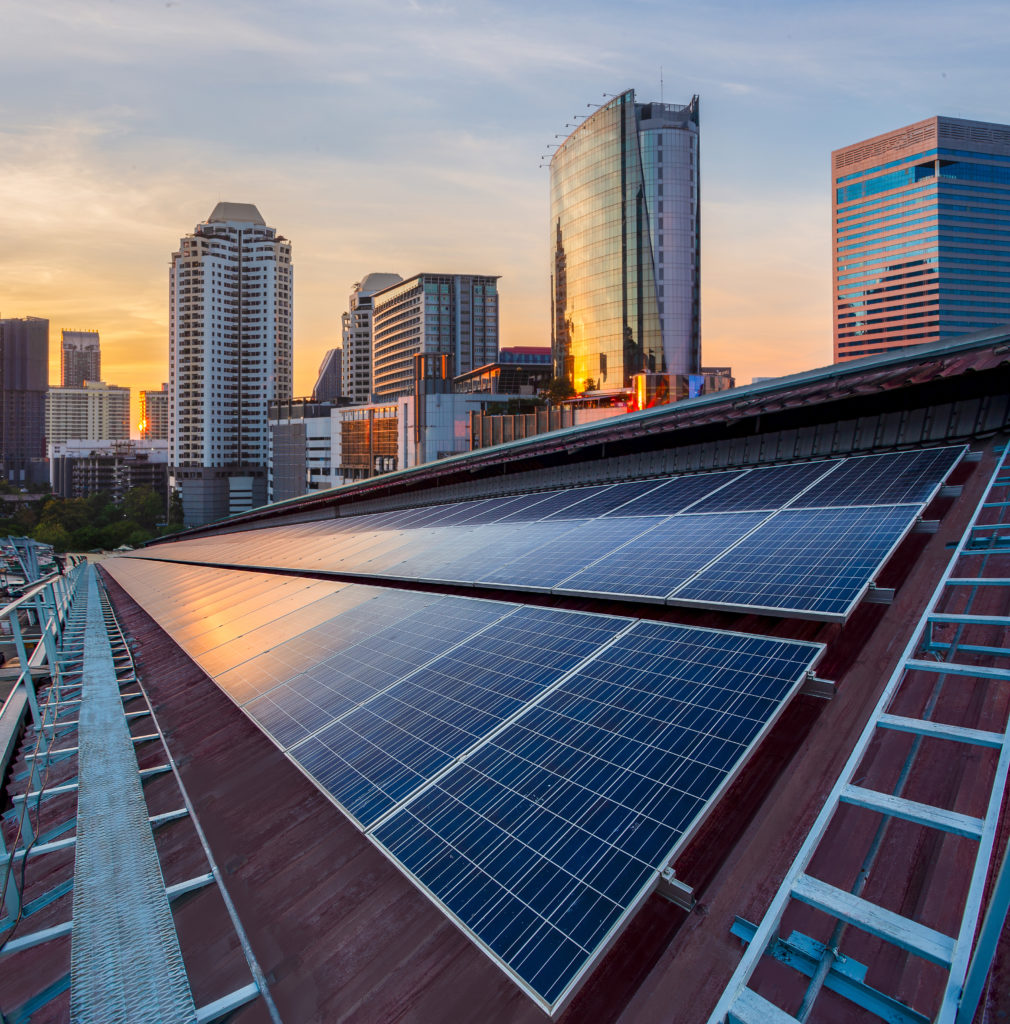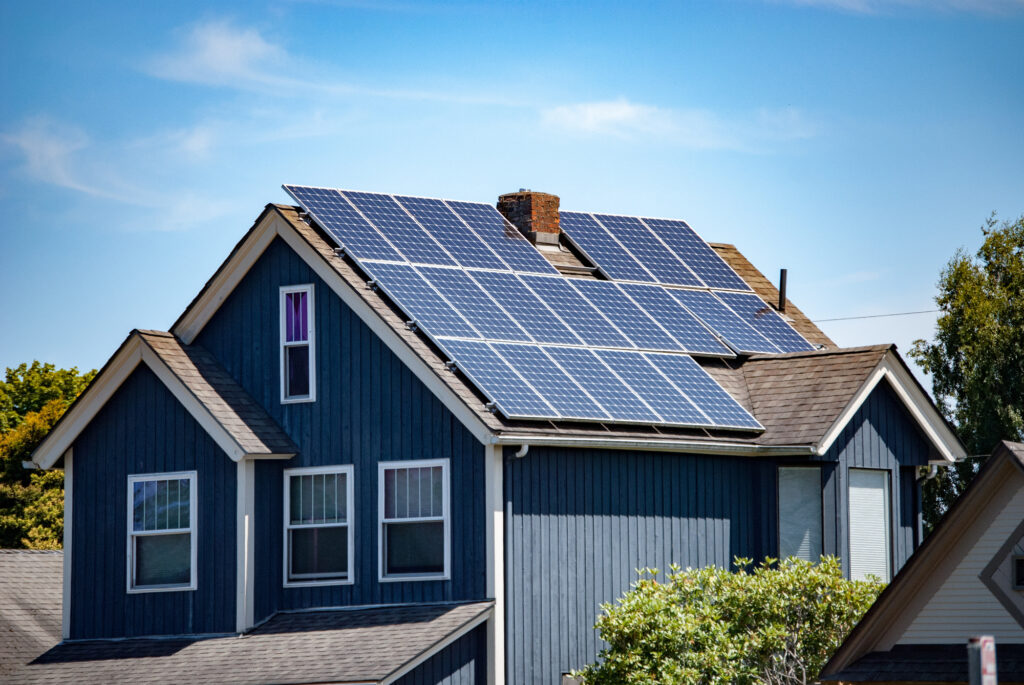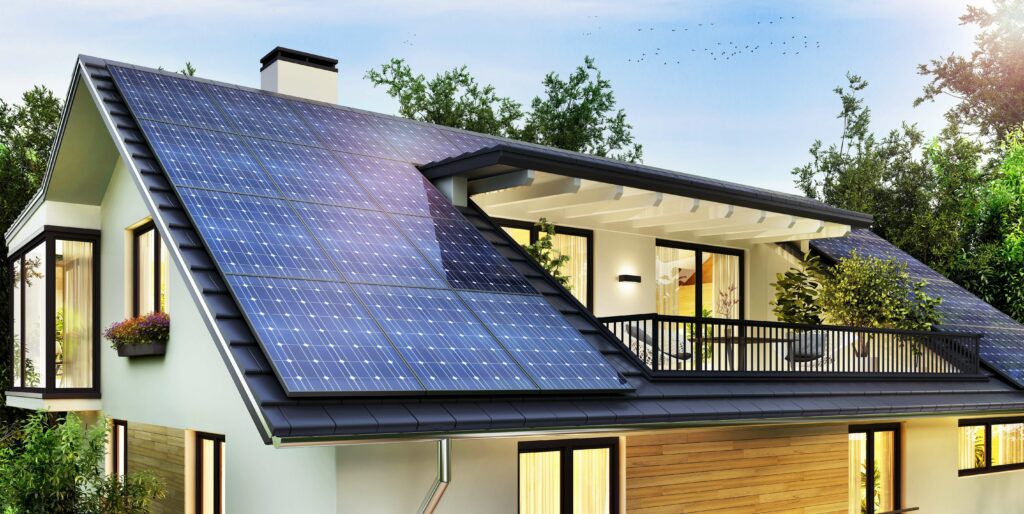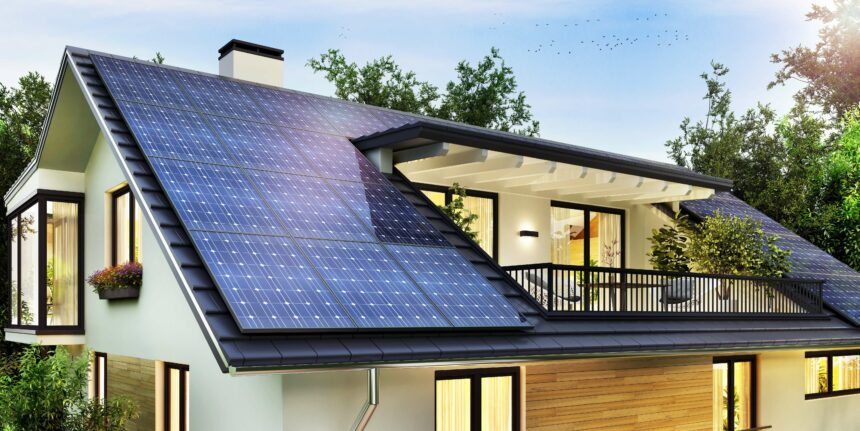The integration of artificial intelligence (AI) into various industries has become widespread, and the residential solar sector is no exception. This development brings positive implications for solar customers, promising accelerated and potentially more cost-effective solar installations, alongside enhanced long-term performance of home energy systems.

AI’s current role in the residential solar industry encompasses several key aspects. Two primary types of AI play significant roles in solar, as described by Frank Magnotti, CEO at Electriq Power. One type is the familiar Chat-GPT-style bot, while the other is engineering-type AI capable of complex optimization for home energy systems. The former can assist or even replace traditional salespersons, facilitating the front end of the solar process. Meanwhile, the engineering AI serves as the essential intelligence embedded in a system.
In the immediate future, AI can contribute to several aspects of the solar process, from system design to property analysis, home battery optimization, and even predicting maintenance costs post-installation. The presence of AI enhances the value proposition for consumers, complementing the justified appeal of solar systems even without AI integration.
Looking ahead, the potential applications of AI in the residential solar sector are extensive. AI could play a role in nearly every step of the solar process, from customer acquisition to installation and ongoing maintenance. AI chatbots can streamline customer interactions, optimizing the sales efficiency of solar companies. Additionally, AI could improve the design of solar systems, tailoring them to meet specific customer preferences, whether it’s maximizing net-metering income or minimizing installation costs.

AI’s contribution is not limited to the initial stages; it extends to the ongoing optimization of home energy systems. The software in these systems, considered a form of AI, continues to improve, utilizing increasingly specific data, such as local weather predictions, to enhance overall performance.
Crucially, AI is expected to reduce the costs associated with residential solar installations. Customer acquisition, a labour- and cost-intensive aspect, could see significant savings with the introduction of AI chatbots, automating initial interactions with customers. Furthermore, AI’s involvement in the design process can minimize costs by collecting detailed information about a customer’s roof, reducing errors, and expediting the overall process. This multifaceted impact positions AI as a tool capable of addressing major expenses involved in solar installations, ultimately benefiting customers with potential cost reductions.
AI’s future role in the residential solar sector includes various applications such as customer acquisition, pre-construction planning, site examination through remote drone flyovers, supply and demand predictions, and predictive maintenance scheduling. These applications collectively showcase the potential for AI to revolutionize the entire solar process.
In terms of risks associated with scaling AI technology in residential solar, Frank Magnotti sees minimal concerns. As AI scales, the learning capabilities of the technology improve, leading to lower risks over time. The abundance of data contributes to the continuous enhancement of AI’s decision-making capabilities.

For individuals considering solar installations, waiting for further AI improvements may not be necessary. The current economics of solar installations are already favourable, and AI’s ongoing enhancements may offer automatic software updates for existing customers, ensuring continuous improvements without significant hardware changes.
In conclusion, the increasing role of AI in residential solar is poised to bring about numerous benefits, from cost reductions and streamlined processes to ongoing performance optimization. The potential risks associated with AI scaling are deemed minimal, emphasizing the positive trajectory of AI’s integration into the solar industry. As the technology continues to evolve, there’s a compelling case for individuals to embrace solar installations without unnecessary delays.







